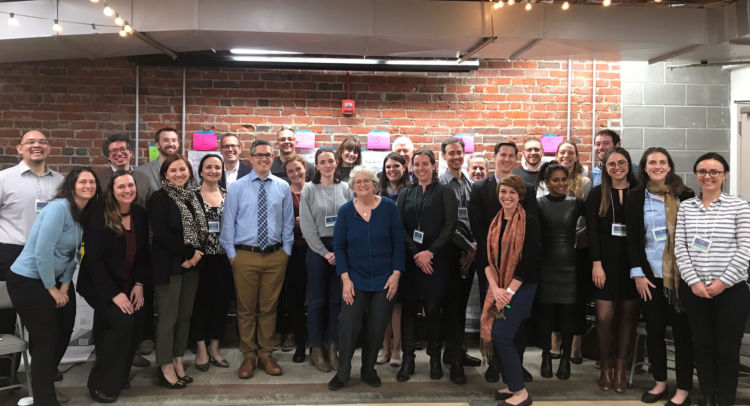On November 19th and 20th, 2018 the USAID Local Systems Practice (LSP) team, led by LINC, hosted the inaugural Local Works Unconference in conjunction with the project teams from Capacity 2.0, Facilitating Financial Sustainability, and Stopping as Success, as well as a number of other Local Works stakeholders including Local Works staff from Washington, DC and the Philippines and local partners.
The idea to host a Local Works Unconference was conceived during a brainstorming session around how the LSP team might engage a broader community of systems practitioners. Instead of waiting until 2020 to share findings from our Local Works activities with a wider audience, we decided to share our insights to-date with other Local Works BAA awardees. We also hoped to learn from the other project teams in order to enhance our own work and to find opportunities to work together. The event was formulated as a collaborative and participatory platform focused on sharing project experiences including research, lessons learned, areas of project overlap, potential for cross-project partnerships, and next-steps. For this reason, we decided on an ‘Unconference’ as the appropriate model to facilitate collaboration and open, flexible, and demand-oriented discussions.
An ‘Unconference’ is defined as “a loosely structured conference emphasizing the informal exchange of information and ideas between participants, rather than following a conventionally structured program of events.
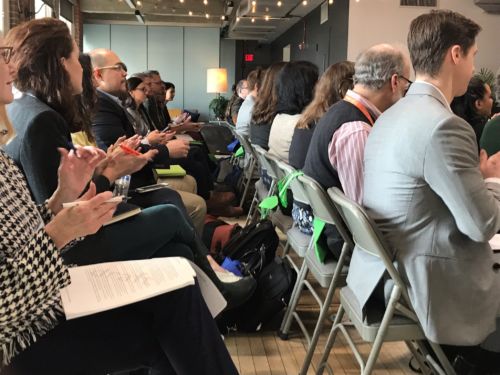
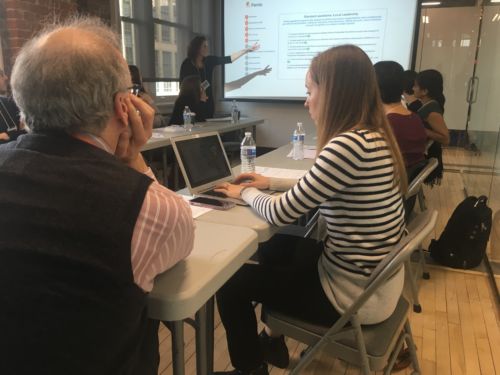
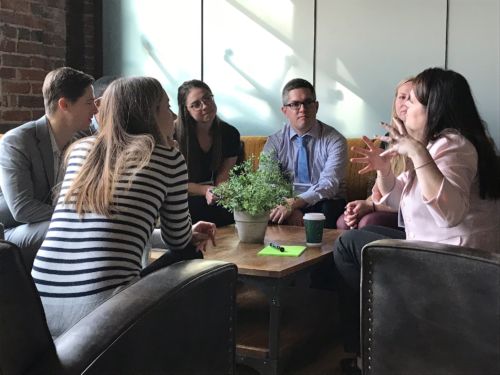
The Day 1 panel set the stage for the Unconference with a robust discussion of what locally-led development looks like. While the panelists agreed that there is no uniform set of attributes, there was broad agreement that locally-led development is context-aware, is NOT projectized, and often comes as the result of broad community engagement and participation.
LSP took the lead in coordinating the event, but all Unconference sessions and presentations were crowdsourced from the Local Works project network. Day 1 was structured and involved panel discussions, project presentations, and tool demonstrations. All of the Day 1 sessions were developed based on participant surveys and feedback regarding the topics they were most interested in hearing about from others, as well as those they would like to present on relating to their own work. Julie Cram – the Deputy Assistant Administrator in the Bureau for Economic Growth, Education and Environment (E3) – kicked off the morning with opening remarks, followed by a panel discussion with representatives from each of the four Local Works projects to discuss the question “What do we mean by ‘locally-led’ development?”
Day 2 was designated entirely as open-space and was facilitated by Root Change. The schedule was determined based emergent discussion topics and questions from Day 1 with an eye towards identifying actionable and collective next-steps to be taken by the Local Works partners and staff to improve continued and continuous collaboration efforts.
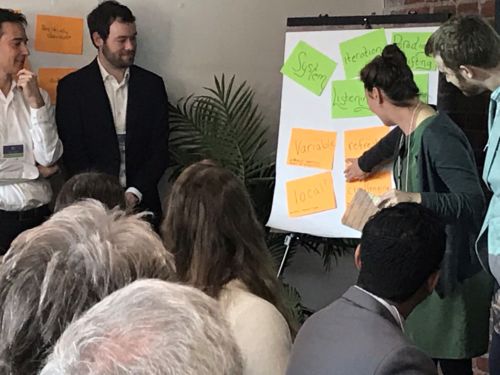
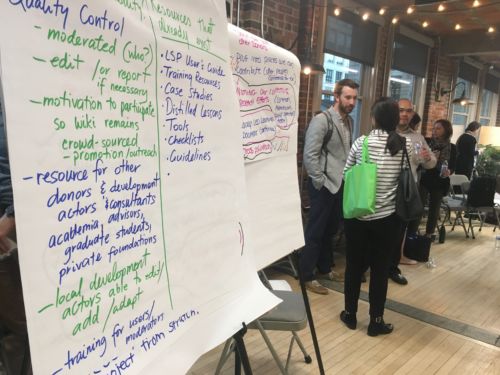
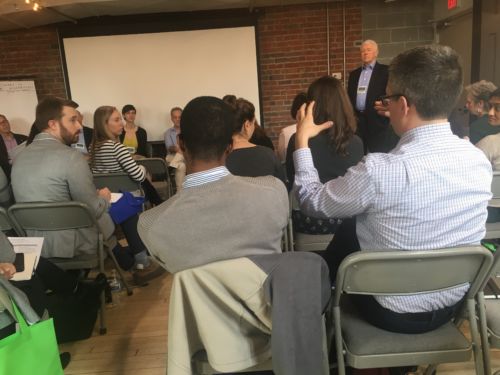
The Unconference resulted in several collective initiatives that Local Works project partners and staff will be working on in the coming months. Among these are a USAID HelpDesk to more effectively and systematically support USAID implementers with information requests and/or frequently asked questions. Another includes aggregating the research from the Local Works partners to establish a knowledge base for a centralized, open-source development wiki. These ideas are both in very early stages of ideation, and we welcome outside input from anyone interested in supporting either initiative. We hope that the Local Works partners and others will be able to convene again in 2019 before the conclusion of our four respective projects to discuss progress towards these initiatives and to reflect, once more, on our collective progress and achievements around the Local Works mission, itself. Stay tuned!
